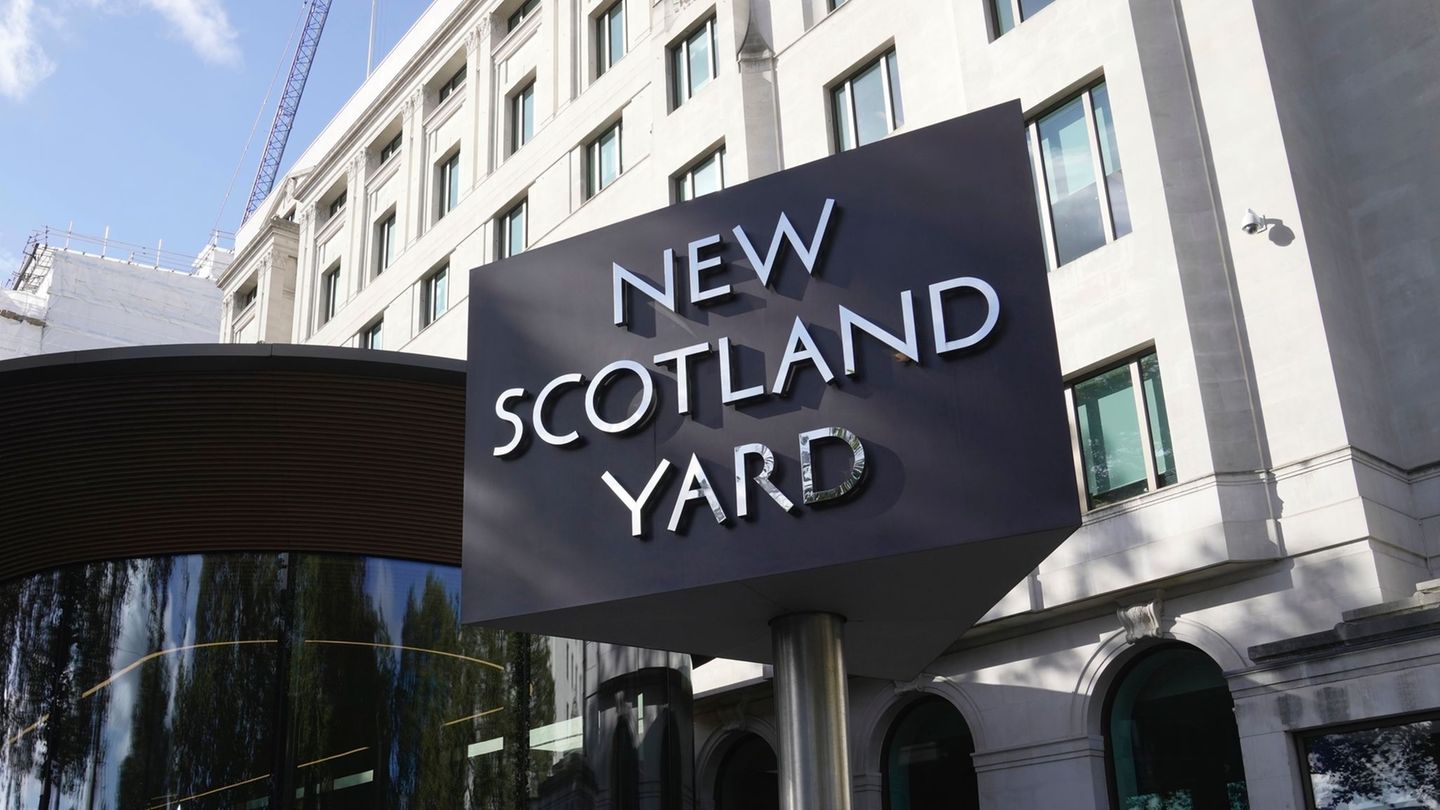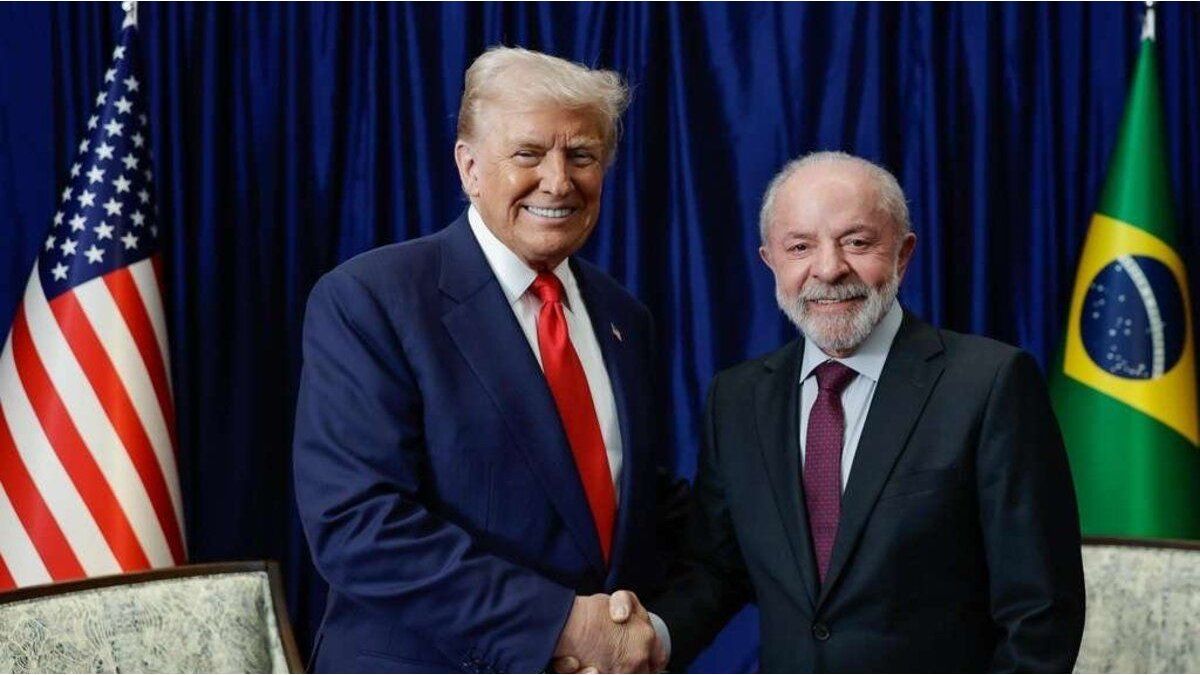They stand for more humanity in difficult times: The Geneva Conventions are intended to protect civilians and war victims in armed conflicts. At least on paper.
The horrors of the Second World War shook the world awake: even in times of war, governments found that a minimum level of humanity must apply. On August 12, 1949, they adopted the four Geneva Conventions, the cornerstones of international humanitarian law. On the 75th anniversary of the signing, however, it is above all increasingly frequent violations that are making headlines, such as the Russian attack on Ukraine, Israel’s anti-terror war in the Gaza Strip, the power struggle in Sudan and many others.
“Has the attempt to preserve humanity even in times of war failed?” asks historian Johannes Piepenbrink in the journal “Aus Politik und Zeitgeschichte” published by the Federal Agency for Civic Education in Bonn. Legal scholar Pierre Thielbörger from the University of Bochum says no. After all, economic sanctions or international criminal proceedings are possible by citing violations, which is why many governments think very carefully about how they behave, he tells the German Press Agency.
The origins
The Geneva Conventions go back to the Swiss Henry Dunant. In 1859, he was so shocked by the misery of wounded soldiers on the battlefield of Solferino in Italy that he proposed neutral relief societies to care for wounded soldiers. This led to the formation of the Red Cross movement in 1863. In addition, in 1864, government representatives agreed on the first Geneva Convention on the protection of the wounded and the neutrality of medical personnel.
This cornerstone of international humanitarian law was added in 1949 at a diplomatic conference with almost 20 states. 196 countries have now ratified the Geneva Conventions.
What the conventions protect
The four conventions regulate the treatment of the wounded and sick on land and at sea, the dignified treatment of prisoners of war and the protection of civilians in times of war, in one’s own country or in occupied territories. Additional protocols were later added, including on the application of international humanitarian law in internal conflicts. “The rules of the Geneva Conventions and the Additional Protocols of 1977 have now largely become part of customary international law and apply to all states and all parties to the conflict,” explains the Swiss Foreign Ministry.
The violations
When Russia fires rockets at residential buildings in Ukraine, when Israel reduces buildings to rubble to disrupt a terrorist cell in the Gaza Strip, when warring parties in Sudan lay siege to cities and condemn hundreds of thousands to starvation: this violates the Geneva Conventions.
The USA also tried to circumvent the conventions: they described the suspected masterminds of the 2001 terrorist attacks, whom they had arrested, as “unlawful combatants” who were not protected. Legal experts rejected this. The terrorist organization Hamas also violates the conventions when it fires rockets at Israel from mosques or uses civilians as human shields.
So are conventions losing their importance?
Although there are no sanctions in the Geneva Conventions, they are often used to punish disregard, says legal expert Thielbörger. The EU sanctions against Russia were justified by violations of international humanitarian law in Ukraine, as were the International Criminal Court’s investigations against Russian President Vladimir Putin, as well as against Israeli politicians and Hamas officials. “International criminal law is helping to enforce international humanitarian law here,” he told the dpa.
In addition, state representatives changed their statements and actions with regard to international humanitarian law, for example with regard to arms deliveries to Israel. “This is also due to the concern that these weapons could be used to commit violations of international humanitarian law in the Gaza Strip. International humanitarian law therefore has a direct influence on national foreign policy here too.”
Problem: non-state actors
In 1949, the signatories were state actors in armed conflicts, but other armed groups are increasingly involved in conflicts. At first they were liberation movements fighting against colonial powers, today they are, for example, Hamas in the Gaza Strip, the Hezbollah militia in Lebanon or the Houthis in Yemen. International humanitarian law has also applied to them since the additional protocols of 1977 at the latest. Thielbörger also refers to customary international law, rules that exist even without a treaty and require a minimum level of humanity. “This customary law is particularly important in international law and is constantly evolving without all states having to sign a new treaty, which is often difficult and takes a long time,” he says.
What needs to be done to encourage compliance?
“States and parties to the conflict must now set a good example,” demands Laurent Gisel, lawyer at the International Committee of the Red Cross (ICRC). “Making compliance with the laws of war a political priority is essential to ensure that these laws continue to protect humanity in times of conflict.”
Source: Stern
I have been working in the news industry for over 6 years, first as a reporter and now as an editor. I have covered politics extensively, and my work has appeared in major newspapers and online news outlets around the world. In addition to my writing, I also contribute regularly to 24 Hours World.




